Understanding the Impact of Seasonal Changes on Dog Activity
Seasonal transitions bring about noticeable shifts in the environment, and these changes have a profound effect on a dog’s daily activity levels. As temperatures fluctuate and daylight hours shorten or lengthen, dogs naturally adjust their routines—sometimes becoming less active during colder months and more energetic when the weather is mild. Recognizing these patterns is crucial for ensuring your pet’s well-being year-round.
During the winter, icy sidewalks, snow, and chilly winds can make outdoor walks less appealing and even hazardous. Many dogs may hesitate to venture outside, leading to reduced exercise and potential weight gain. Similarly, the shorter days often mean less sunlight, which can influence a dog’s mood and motivation to play. Conversely, spring and summer invite longer strolls and vigorous play, but excessive heat can pose health risks, making it necessary to monitor activity and hydration closely.
Common Seasonal Challenges
- Winter: Risk of hypothermia, icy surfaces, and reduced motivation for outdoor activities.
- Spring & Summer: Overheating, dehydration, and exposure to parasites like ticks and fleas.
- Autumn: Dampness, mud, and allergens can deter play and exercise.
Understanding these seasonal influences empowers pet owners to proactively adapt routines, ensuring that dogs remain physically and mentally stimulated no matter the time of year. This awareness also highlights the importance of seeking alternative solutions—like professional daycare—to bridge the gaps when at-home activities are limited by weather or environmental factors.
Common Challenges Dogs Face During Cooler Months
As the vibrant days of summer give way to the crisp air of autumn and the chill of winter, many dog owners notice subtle yet significant changes in their pets’ behavior and well-being. The transition to cooler months presents a unique set of challenges for dogs, impacting both their physical and emotional health.
One of the most pronounced issues is the reduction in outdoor activity. Shorter days and colder temperatures often discourage lengthy walks and playtime in the park. As a result, dogs may experience pent-up energy, leading to restlessness, boredom, or even destructive behaviors at home. For breeds with high energy levels, this sudden drop in exercise can contribute to weight gain and decreased muscle tone.
Limited Socialization Opportunities
Cooler weather also tends to limit social interactions. With fewer trips to dog parks and reduced neighborhood strolls, dogs miss out on vital opportunities to engage with other pets and people. This isolation can affect their social skills, potentially causing increased anxiety or timidness when reintroduced to group settings.
Health and Comfort Concerns
- Joint stiffness: Cold, damp weather can exacerbate joint pain, especially in older dogs or those with arthritis.
- Dry skin and coat: Indoor heating systems often dry out the air, leading to itchy skin and dull coats.
- Increased indoor time: Spending more time indoors can expose dogs to household hazards and reduce their mental stimulation.
Understanding these seasonal challenges is the first step in ensuring your dog remains healthy and content all year round, setting the stage for exploring practical solutions that support their well-being through every season.
The Role of Professional Daycare in Supporting Active Lifestyles
As the seasons shift, so do the daily routines and needs of our canine companions. Professional dog daycare stands as a vital resource for pet owners seeking to maintain an active, fulfilling lifestyle for their dogs, regardless of changing weather or daylight hours. While longer summer days might invite outdoor adventures, autumn’s chill or winter’s icy grip can limit opportunities for dogs to burn off energy, socialize, and stay mentally engaged. Here, the structured environment of a professional daycare bridges the gap, ensuring consistent physical activity and enrichment all year round.
Consistent Physical Exercise
Dog daycare facilities are designed with ample space and a variety of activities that encourage movement and play. Trained caregivers facilitate group play sessions, agility courses, and supervised walks, adapting daily routines to the unique temperament and energy level of each dog. This consistency in exercise helps prevent behavioral issues stemming from boredom or pent-up energy, especially when outdoor walks become less frequent due to inclement weather.
Mental Enrichment and Socialization
Beyond physical activity, professional daycare settings offer mental stimulation through interactive toys, puzzle games, and obedience exercises. Dogs interact with peers in a safe, controlled environment, honing their social skills and reducing feelings of isolation. This engagement is crucial for their overall well-being, helping to stave off anxiety and destructive behaviors often triggered by seasonal changes or extended periods indoors.
By entrusting your dog to a professional daycare, you ensure that their need for activity, engagement, and companionship is met, no matter the season. This foundation paves the way for a healthier, happier, and more balanced life as routines adapt with the changing weather.
Mental and Physical Benefits of Daycare for Dogs in the Off-Season
As the seasons shift and outdoor activities become less accessible, the importance of keeping your dog mentally and physically engaged rises significantly. Professional daycare offers a dynamic environment where dogs can thrive, especially during the colder, quieter months when walks are shorter and parks are less inviting. This structured setting is designed to nurture your dog’s well-being, transforming dreary days into stimulating experiences.
Enriched Socialization and Mental Stimulation
Daycare centers promote healthy socialization by providing opportunities for dogs to interact with peers under expert supervision. These controlled play sessions challenge dogs’ minds, helping prevent boredom and the behavioral issues that can arise from isolation. Puzzle toys, agility games, and group activities keep their cognitive skills sharp, offering the mental enrichment that’s often lacking during the off-season.
Consistent Physical Exercise
While winter weather can limit outdoor adventures, daycare ensures that your dog remains physically active. Indoor play areas, obstacle courses, and supervised group play provide the exercise needed to maintain a healthy weight and strong muscles. Regular activity also supports cardiovascular health and can help mitigate the stress or restlessness that builds up when dogs are cooped up at home.
- Reduces anxiety and destructive behaviors
- Improves social skills and adaptability
- Boosts overall happiness and health
In the off-season, professional daycare becomes an essential ally in keeping your dog lively, content, and well-adjusted, ensuring they’re ready to embrace every season with enthusiasm.
Tips for Choosing the Right Daycare to Keep Your Dog Engaged
Finding the perfect daycare for your canine companion goes far beyond simply ensuring they are safe during your absence. It’s about selecting an environment that actively supports your dog’s physical and mental engagement, especially as the seasons change and their needs evolve. But with so many facilities available, how do you make the right choice to keep your dog truly engaged and happy?
Evaluate Activity Programs and Structured Play
Start by exploring the daycare’s daily schedule. An ideal facility offers a balanced blend of structured playtime, interactive games, and rest periods. Look for programs that adapt to changing weather—such as indoor agility courses for rainy days and shaded outdoor play in the summer. Engaging activities challenge your dog’s mind and body, preventing boredom and destructive behaviors.
Assess Staff Experience and Supervision
Well-trained staff make a significant difference in your dog’s experience. Inquire about caregiver-to-dog ratios and staff qualifications. Experienced handlers can read canine body language and tailor activities to suit different energy levels and personalities, ensuring every dog receives appropriate stimulation and positive interaction.
Prioritize Cleanliness and Safety
A clean, secure environment is essential for your pet’s well-being. Inspect play areas for hazards and confirm that the daycare follows strict sanitation protocols. Safe, hygienic spaces support healthy socialization and active play all year round.
By focusing on these factors, you’ll find a daycare that keeps your dog engaged, content, and thriving—no matter the season.

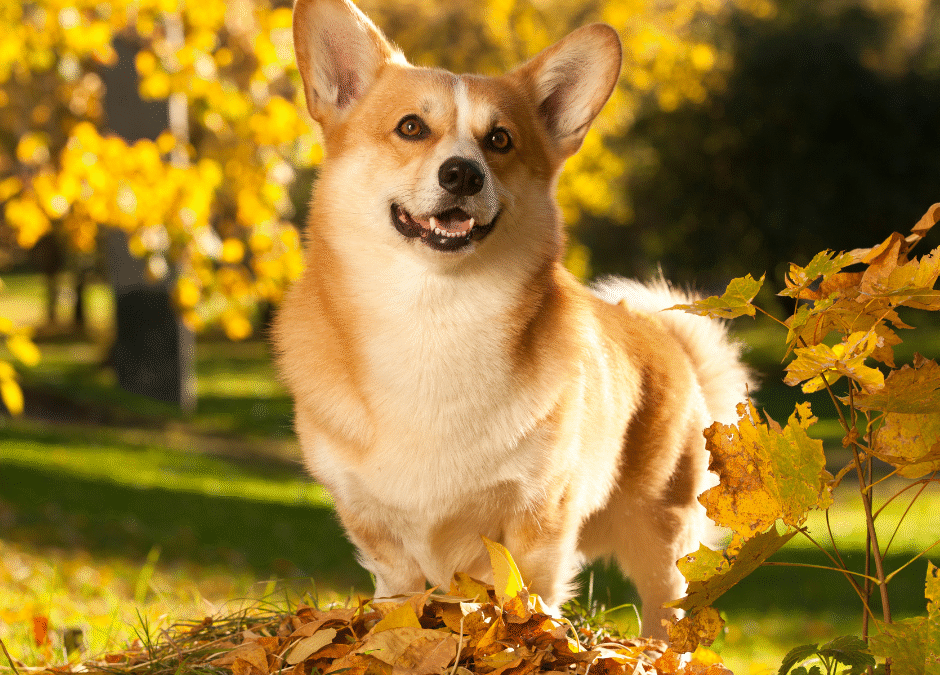
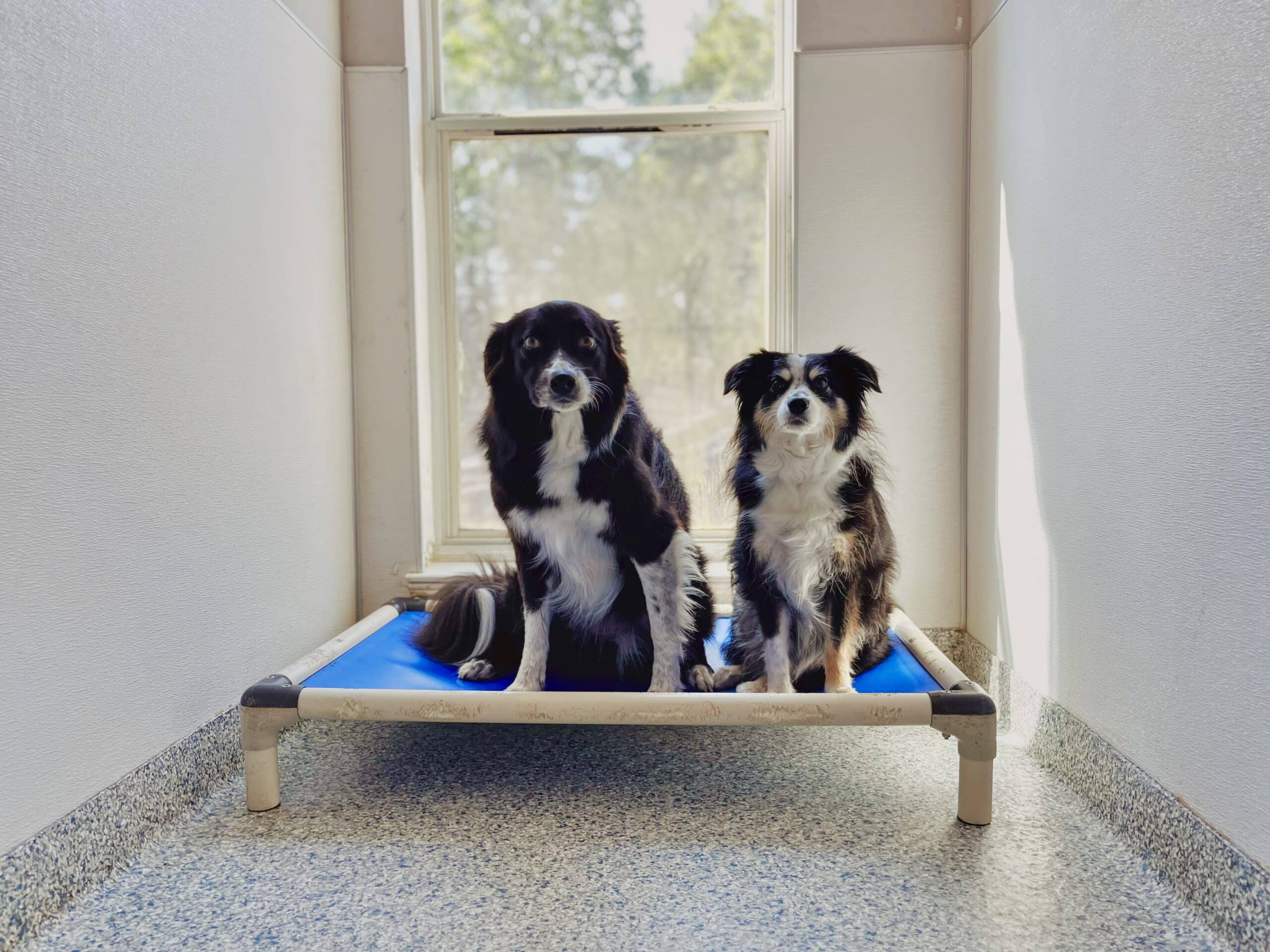
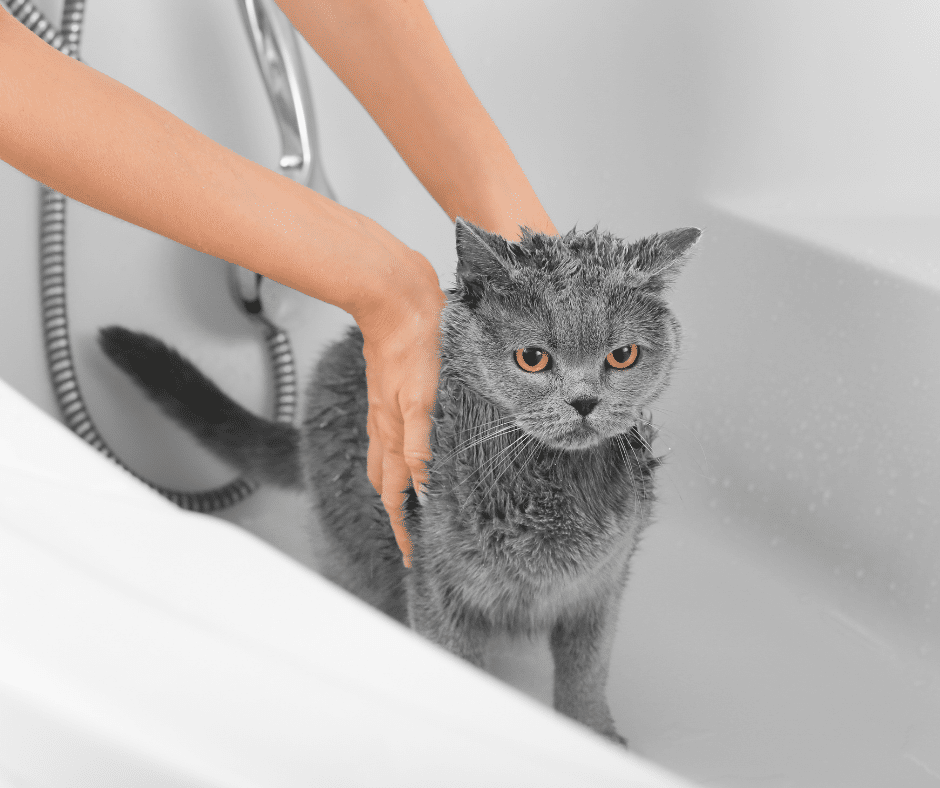
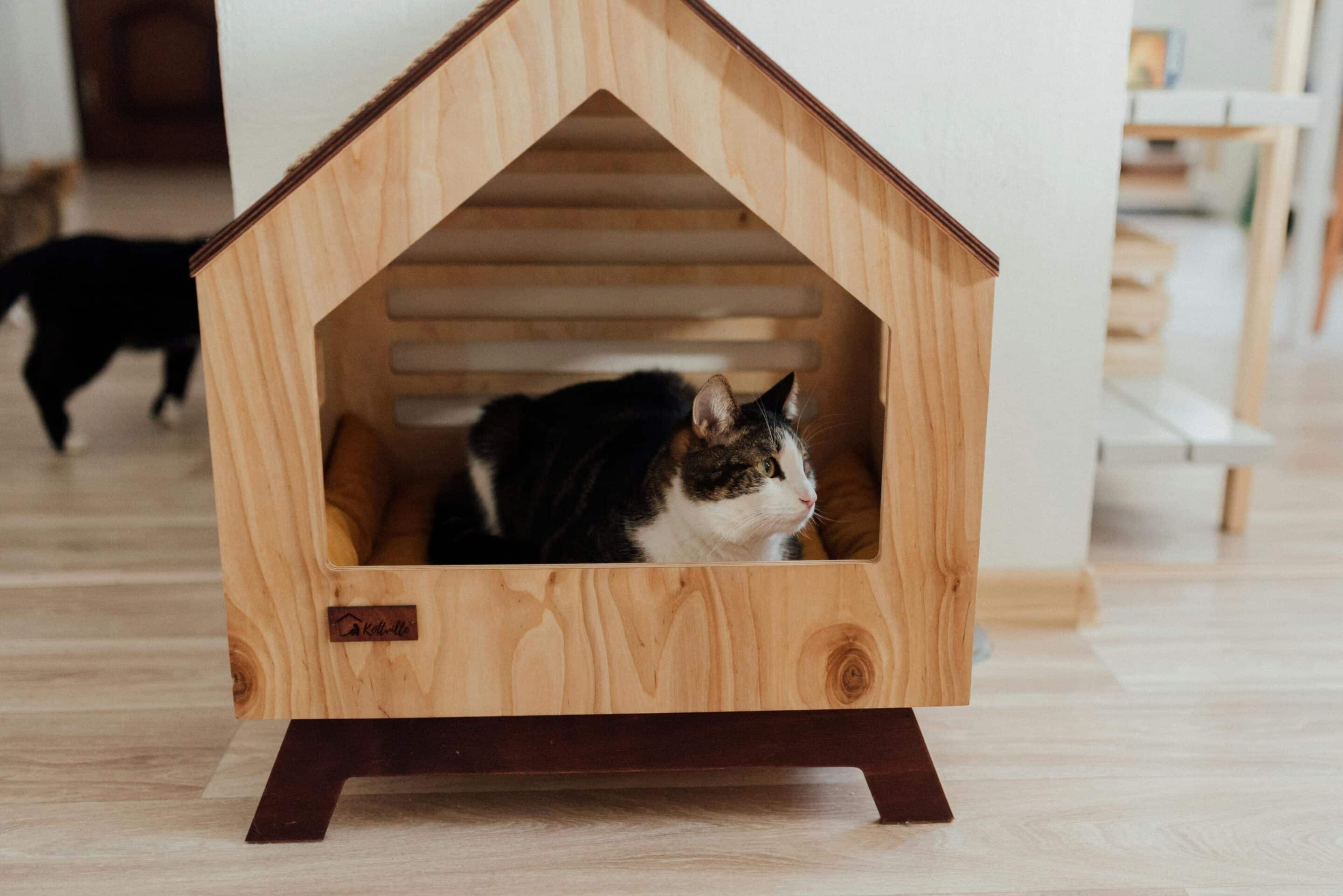


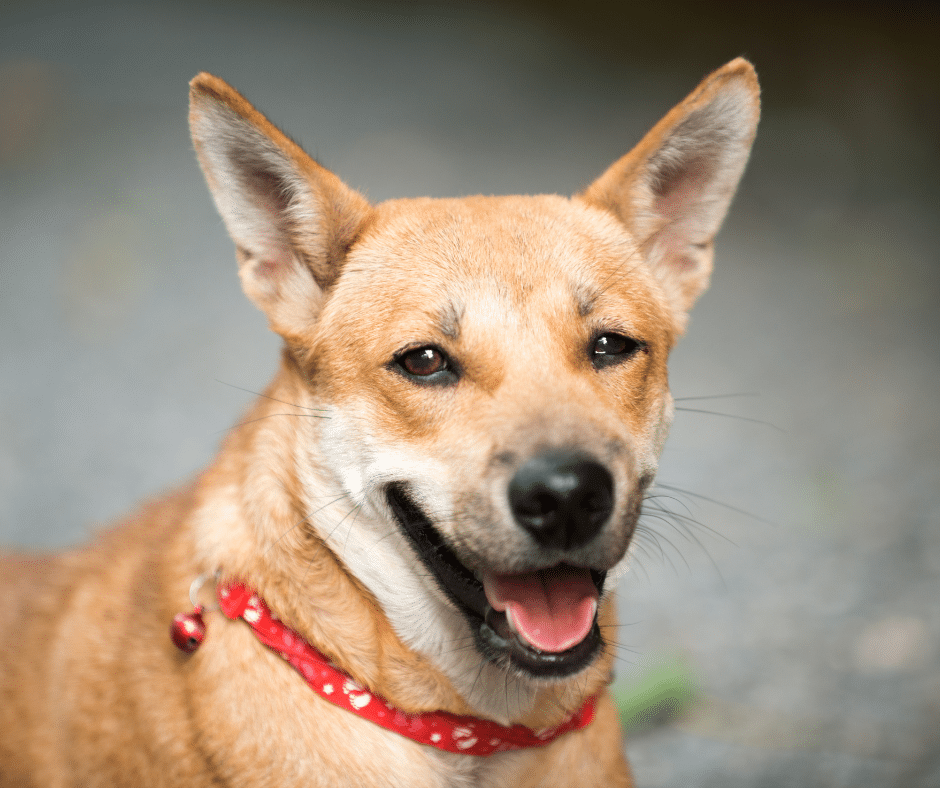
Recent Comments